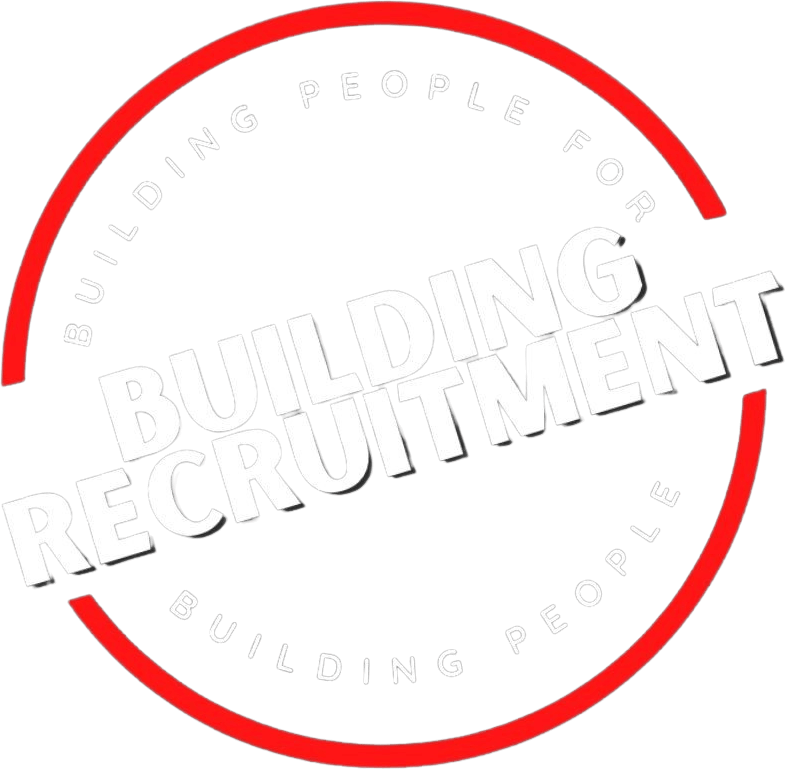By Kevin Everett
As we are always being reminded building work has ramped up and so has the need to find and retain staff. Often, upskilling and promoting current staff is the best choice.
Employers face a challenge finding staff when the market is tight.
Recruitment methods may include:
- Filling gaps with overseas applicants
- Headhunting staff from other companies
- Promoting from within
- Attracting new staff with higher than standard industry salaries
- Looking well in advance and starting a long-term campaign to attract new employees.
- Looking more to the temp to perm channel
- Solely relying on temp workers
- Most methods have their pitfalls
Bringing staff from overseas is time consuming due to interview restrictions, time differences, different skill levels, a lack of New Zealand industry knowledge and immigration requirements.
Many European economies are also showing signs of growth in the building sector so there is strong competition, and although parts of Australia are showing a decline in job openings, this will not last.
Headhunting can also have issues – prospects may use you to increase their current salary and then stay with their employer or bring your salary levels to an unsustainable level.
Promote your own staff
- Promoting from within is a great long-term option. It’s best to decide this before you start recruiting so it can be part of your skill requirements. Profiling staff ensures you are targeting the right person for the future.
- Career advancement can be an alternative benefit to simply money for joining a company. Like headhunting, offering high salaries is a short-term game – if someone comes to you for money, they will leave for more. High salaries also place pressure on your overheads, especially when margins remain tight, and can impact on your current staff salaries if it becomes known that someone is being paid more.
Put a plan in place
- So what is the ideal strategy to get the staff you need and keep those that you have:
- Start planning 2-3 months in advance of looking for staff.
- Identify your staffing needs well in advance. Look at your tenders and forecasted workload. Ask, ‘what if I win this project? When will it be likely to start, and what extra staffing needs will be required?
- Are you prepared to bring someone into your business early if they’re available and you can afford it?
- If you bring someone in from overseas, consider ways of conducting training while they are waiting for visas. Perhaps send them an electronic version of NZ Standards they will be working with or provide software for them to train on. Give them small projects to work on to gauge their learning.
- Make time to work on recruiting without disruption – don’t take calls or allow people to walk in with questions during interviews. If you’re under pressure, you may make a costly rash decision.
- Respond and make decisions quickly. If you procrastinate, you are likely to either lose the candidate to someone else or demonstrate an inability to make decision.
- Remember, you are also trying to make a good impression on the candidate. Gone are the days of the employer holding the ace, candidates know they are in demand and will be selective.
- Look at your competitors and identify the key differences in what you do for your staff compared to them as they are likely to be looking for the same skilled labour as you.
- Develop a reputation as a great employer, and ask yourself why someone would work for you. That can be the one thing that gives you an advantage.
- Partner with professional recruitment firms, especially those with a focus in your industry and with networks worldwide.
- Just because someone has no NZ experience doesn’t mean they are not good at what they do, so give them a chance.
Tips for using a recruiter
- If using a recruiter, ensure they are professional and screen applicants to a high standard, especially those from overseas. Ask the candidate coming from a recruiter what the process was to get to this interview.
- Make sure recruiters are working for your best interest, not theirs. In my experience many recruiters have never interviewed candidates and candidates don’t even know their resume has been sent. So don’t be fooled. Find out exactly what they offer you in their service promise.
- Be diligent with your staff and watch for changes in performance or moods, as recruiters are known to unsettle staff to create movement. This is unethical but is being seen as the shortage bites.



